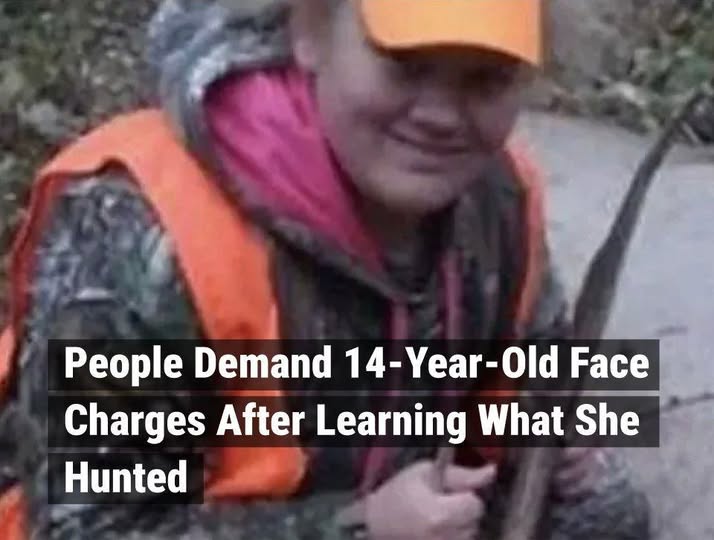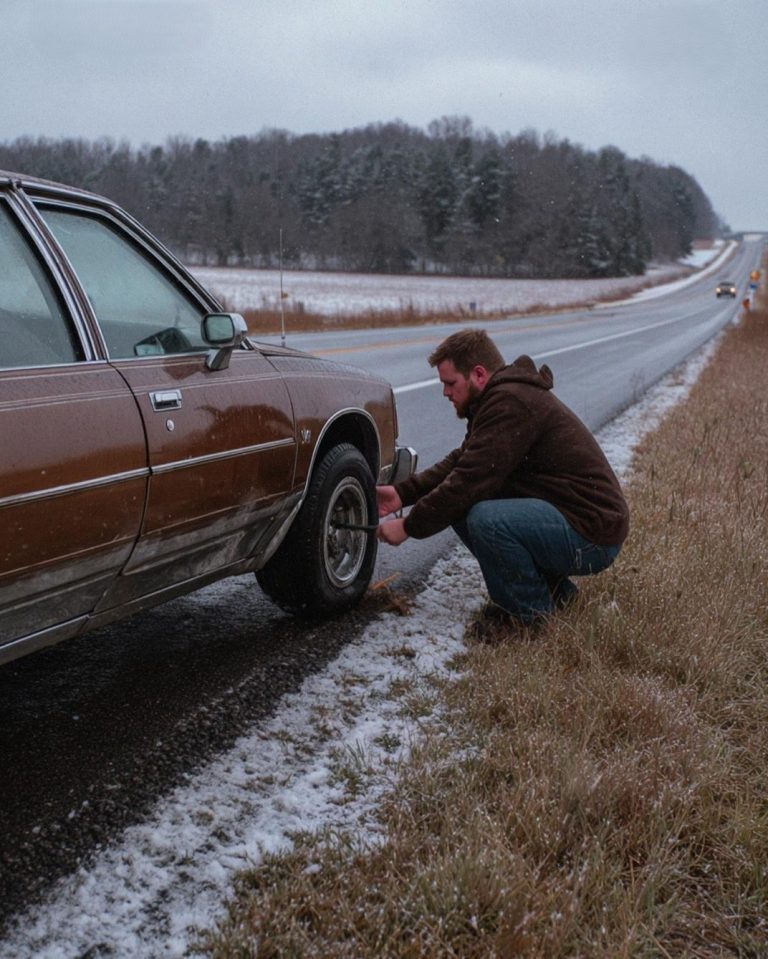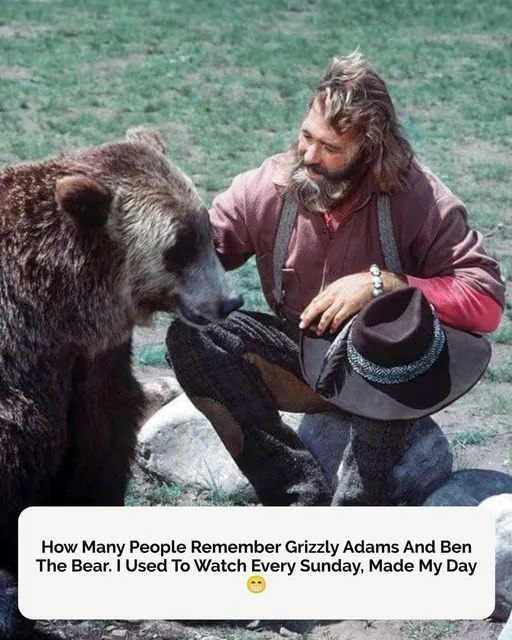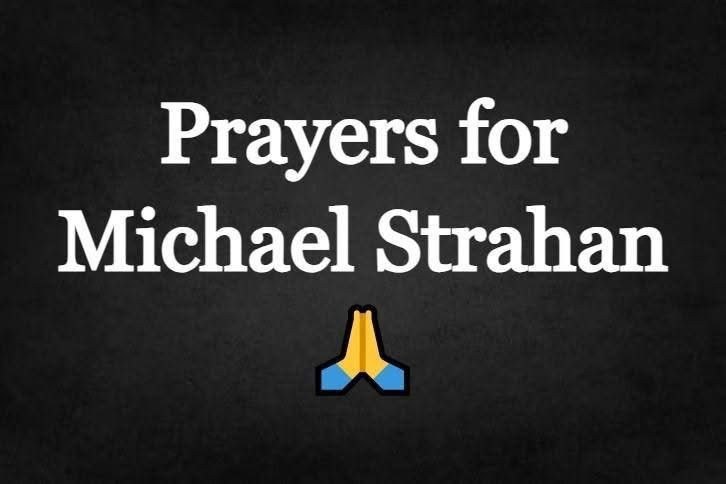People Demand 14-Year-Old Face Charges After Learning What She Hunted
A 14-year-old girl from Missouri is facing backlash online after mistakenly shooting a protected elk during a legal hunting trip with her father. Abby Wilson and her father, Don White, were hunting deer in Boone County during Missouri’s deer season when the incident occurred. However, elk are a protected species in this area, and the shooting of one is considered a serious offense.
Abby, an experienced hunter, did not realize the animal she shot was an elk rather than a deer. Her father, Don White, immediately realized their mistake upon seeing the animal and contacted the Missouri Department of Conservation (MDC) to report what had happened. The situation quickly escalated when the conservation department got involved. Conservation agent Adam Doerhoff confirmed the animal’s identity when shown a photo of the elk. He remarked, “You don’t expect to see something like that.”
The incident caught the attention of the MDC, which was surprised by the presence of an elk in Boone County. A spokesman for the department noted that the area was not known to be home to elk populations, making the appearance of one in the region particularly unusual. The spokesman emphasized that seeing an elk in this area was “not typical,” and the animal was likely an outlier or a stray that had wandered into the area.
Since the news of the shooting broke, Abby Wilson has faced a wave of criticism from various groups online. Many social media users have criticized her for not recognizing the difference between a deer and an elk, despite her experience with hunting. Others have blamed her father for not being more vigilant in identifying the animal before allowing the shot. In response to the backlash, Abby’s father has stood by his daughter, defending her actions and expressing a willingness to accept any consequences that may come their way. He stated, “If my daughter gets fined, I’ll pay it and move on. So be it. We’ll deal with it.”
In the wake of the incident, Abby’s father also expressed his hope to retain the elk’s meat and antlers. He hoped to use the elk for its meat, which could be donated to local families in need, or to keep the antlers as a trophy. However, officials from the Missouri Department of Conservation denied the request. The department explained that since the elk was a protected species, they could not allow its body parts to be kept or used by the hunters. The MDC clarified that the meat would only be allowed to be distributed to local communities if it was confirmed to be free from diseases, a standard procedure for wild animal meat.
The case sparked a wide online debate about Abby’s actions and whether she should face legal consequences for the mistake. Some people argued that Abby, being just 14 years old, should not be held fully responsible for the incident, especially given her lack of knowledge about elk and their protected status in Missouri. They believed that Abby should be given an opportunity to learn from her mistake and not be subjected to harsh penalties.
Others, however, felt that Abby should face the full consequences of her actions. They argued that ignorance of the law should not be an excuse, especially when it comes to the protection of wildlife. According to this view, the law is clear, and Abby’s mistake should not be overlooked simply because of her age. The elk is a species that has been reintroduced into Missouri in recent years and is considered valuable for conservation efforts, making it all the more important to protect the animals from illegal hunting.
While the debate continues, Abby’s father maintains that his daughter did not intentionally harm the elk, and he hopes the incident can serve as a learning opportunity for both Abby and others involved in hunting. He emphasized the importance of educating young hunters about the importance of wildlife conservation and recognizing the species they are hunting.
This incident has highlighted the challenges that hunters face in distinguishing between different types of wildlife, especially as various species are reintroduced into areas where they haven’t been seen in generations. It also raises questions about how best to balance conservation efforts with the realities of hunting and outdoor recreation.
As the situation unfolds, it remains to be seen what, if any, legal consequences will result from Abby’s mistake. In the meantime, Abby’s father has expressed his hope that this will be a valuable lesson, not just for his daughter, but for others involved in hunting as well.





